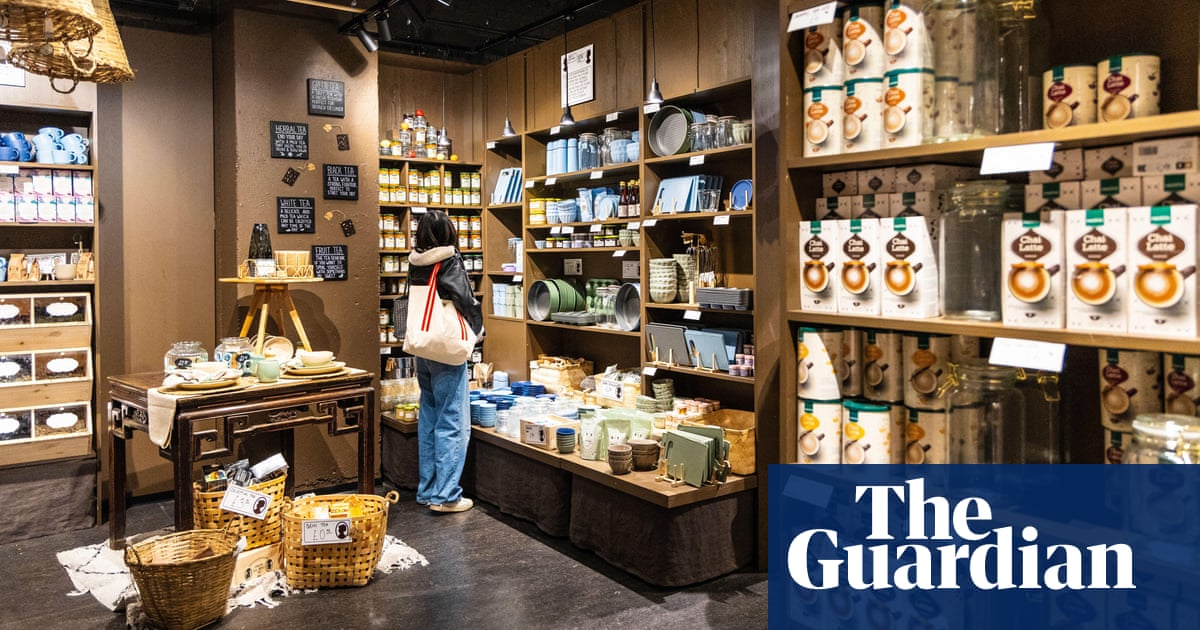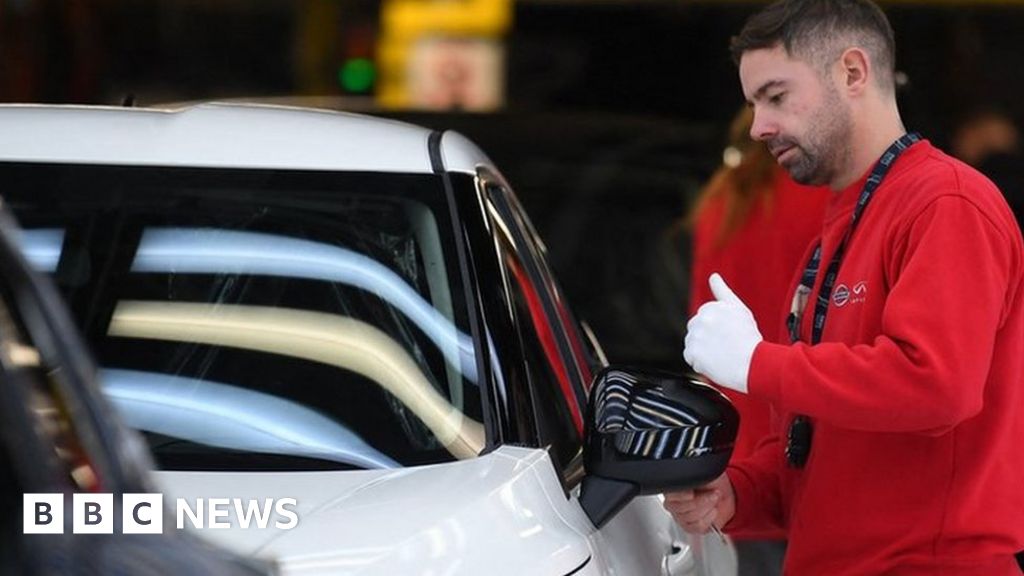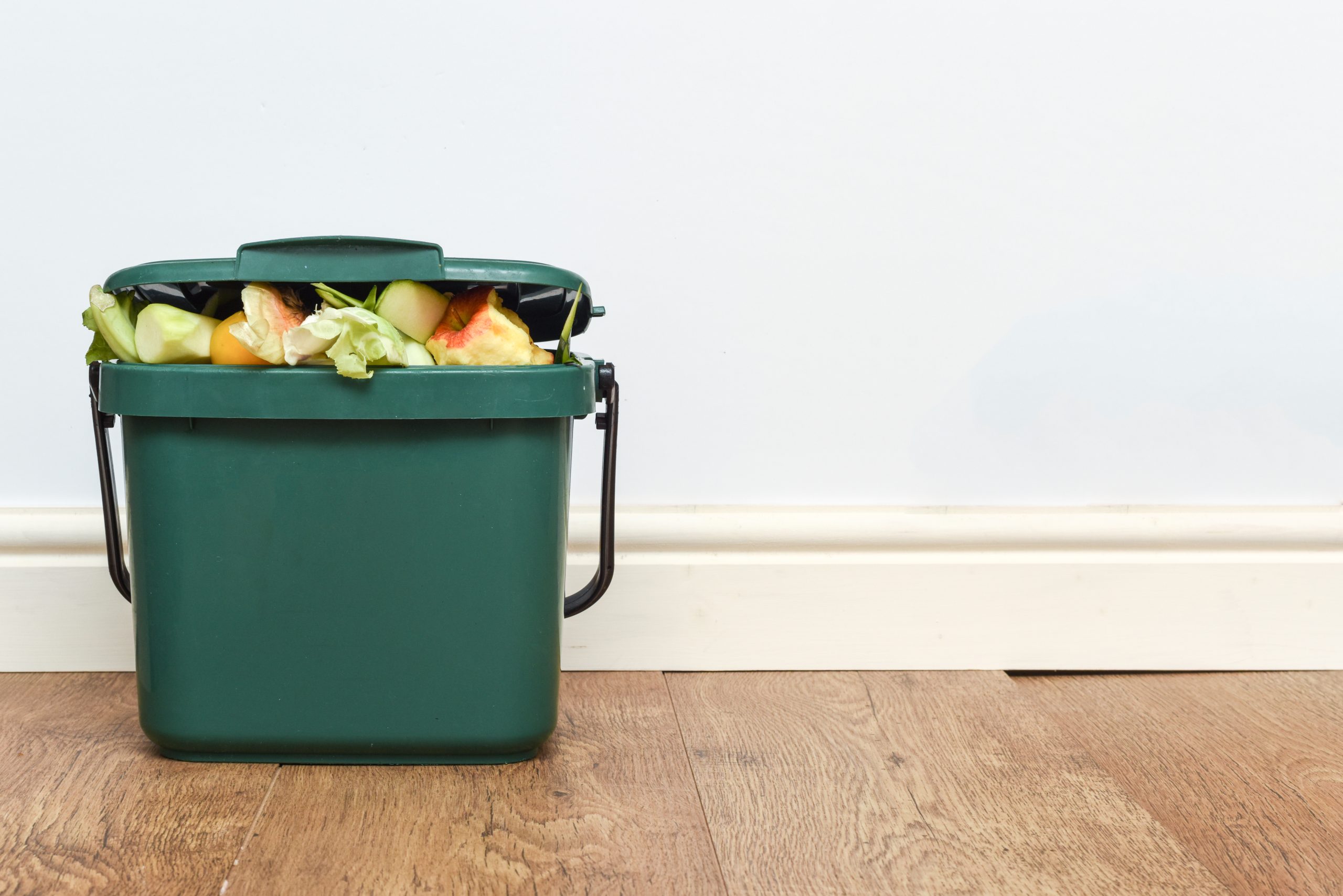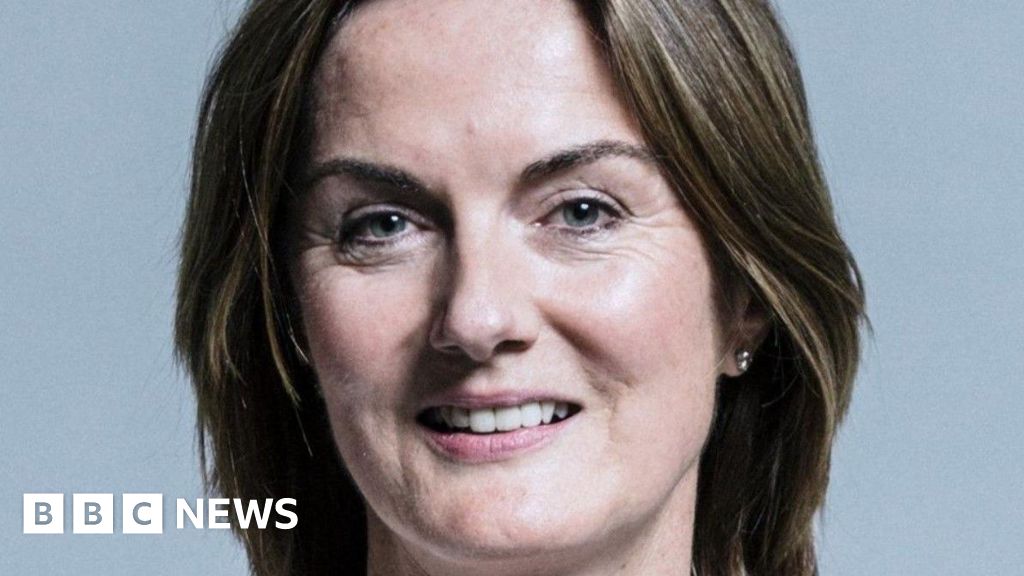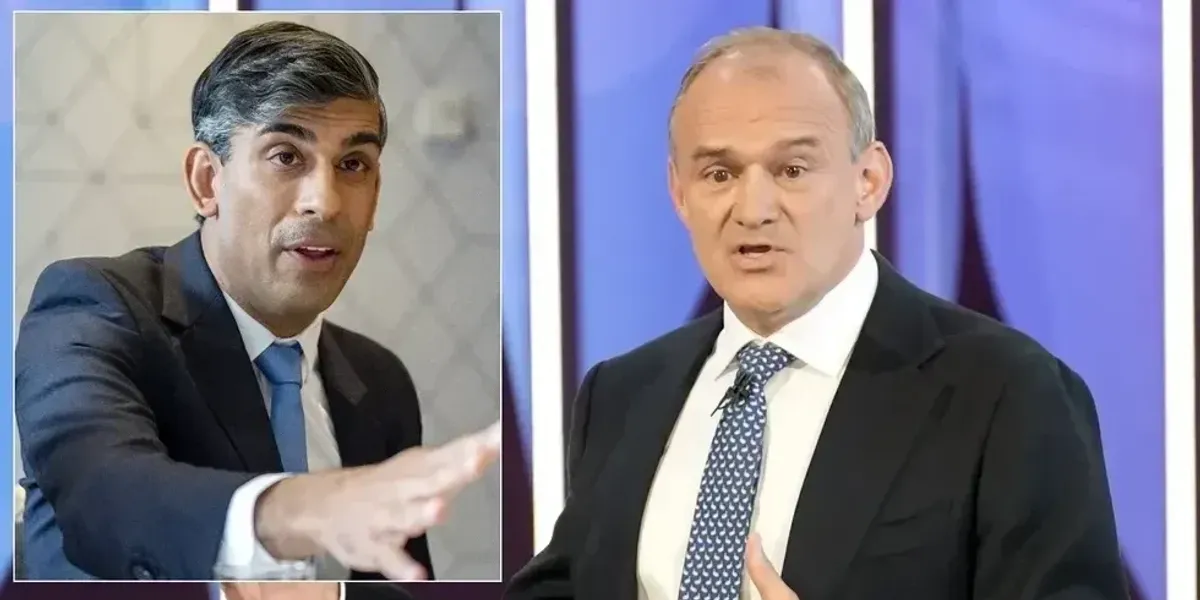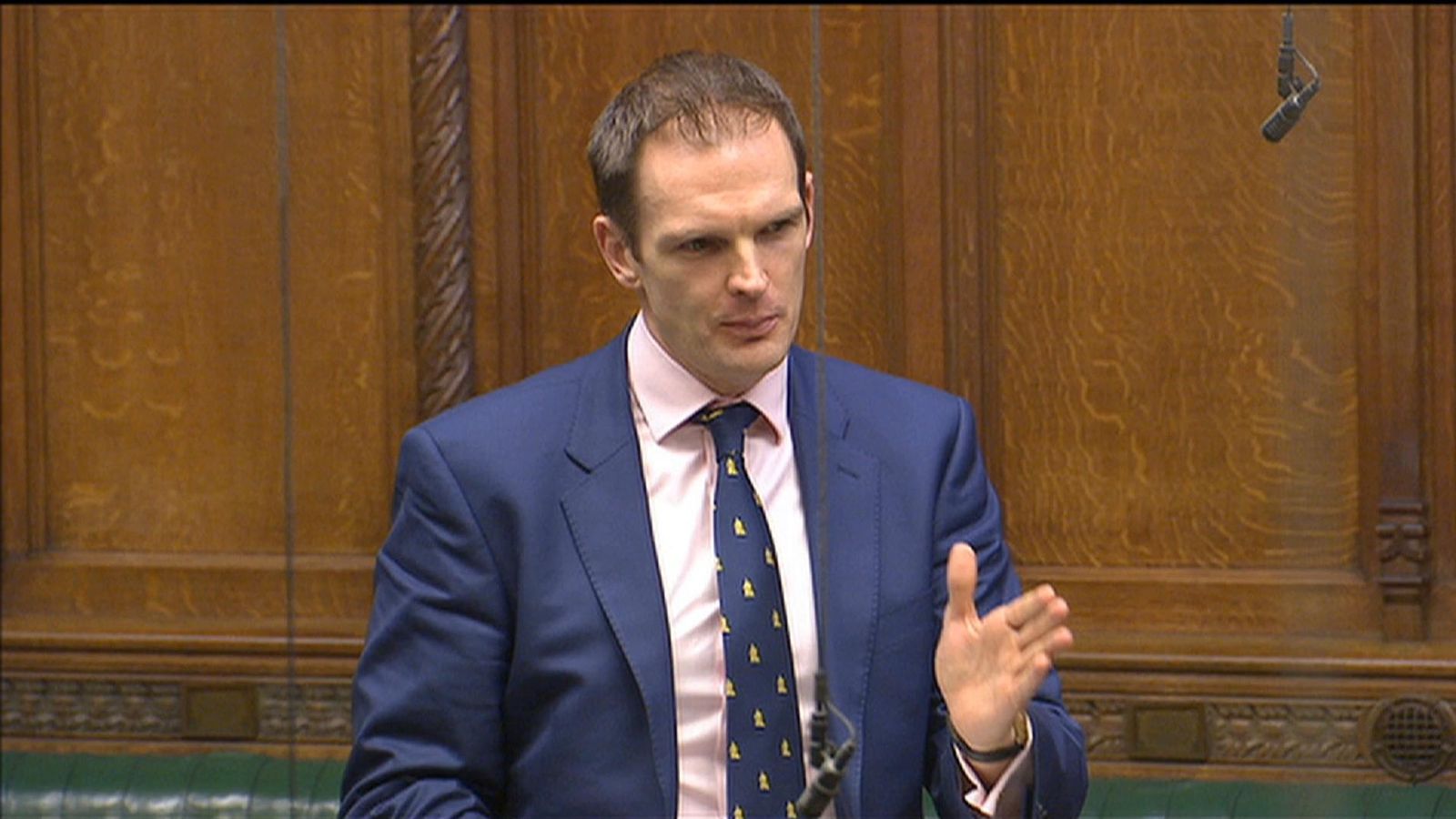
The latest inflation figures from the British Retail Consortium (BRC) show the highest rate of inflation in the grocery category on record.
This further corroborates what Kantar said earlier in the week that UK food inflation is at its highest level since the figure began being recorded in 2008.
According to the BRC, food inflation rose to 13.8% in January 2023, up from the previous record high of 13.3% in December 2022.
General store prices are also at record highs, with annual inflation hitting 8% in January, compared with 7.3% in December, the Trade Association for Retailers said today (Thursday, February 2).
Fresh food inflation rose to 15.7% in January from 15% in December. That’s above the three-month average of 15% and the highest rate of inflation in the fresh food category on record.
For Shelf Stable Food, Shelf Life Food, inflation rose to 11.3% in January, up from 11% in December. This is the fastest rate of increase in the ambient food category on record, the BRC said.
Helen Dickinson, the chief executive of the BRC, said retail prices rose in January because discounts were slowing and retailers were facing high input costs.
“Inflation in ambient foods accelerated the most as wholesale and bulk prices rose, particularly for sugar and alcohol.
“Fresh food prices also remained high due to increased food production costs as well as increased wholesale prices for fruits and vegetables,” she added.
Mike Watkins of global information services company NielsenIQ said consumer demand is expected to be weak in the first quarter of the year due to the impact of energy price hikes and holiday spending.
“So the rise in food inflation will put further pressure on household budgets and consumer attitudes towards personal finances are unlikely to improve any time soon,” he said.
“With shoppers having less money to spend in discretionary retail after paying for their essential groceries, there will be little to spur demand in non-food channels.”

